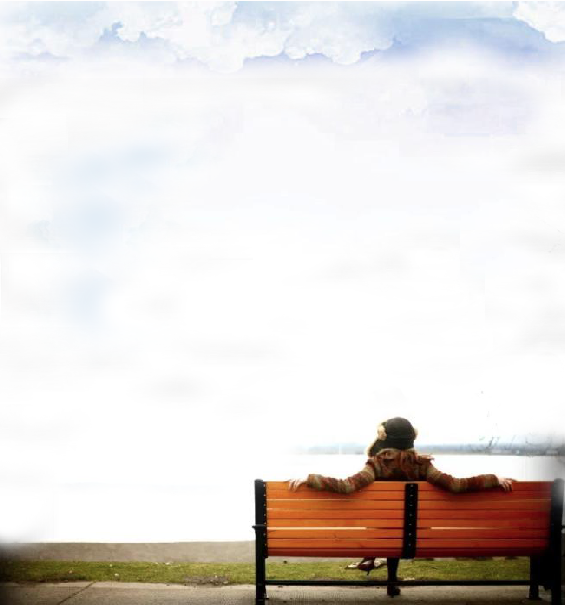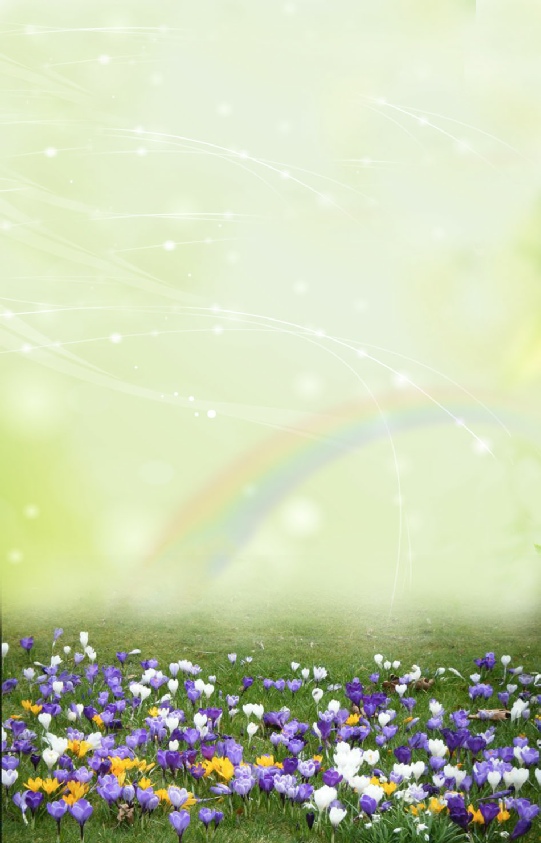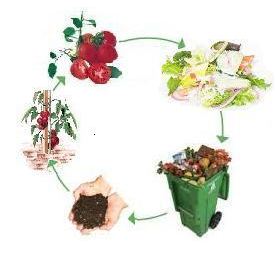




Spring Equinox edition of the Ecology Newsletter
Prayer for Spring
O Dancer of Creation,
the earth awakens to an urgent call to grow.
In the hidden recesses of my wintered spirit
I, too, hear the humming of your voice,
Calling me, wooing my deadness back to life.
My soul yawns, stretches, quickens,
as the energy of Spring revives my weariness.
I sit with wonder, observing the steady activity
of downy woodpeckers and newly yellowed finch.
I do so with the avid attention of a child’s first look,
savouring the colours and shapes of earth’s loveliness.
As the filtering patterns of early sunlight
lift the shades of green in every growing thing,
I enter into Spring’s unlettered words of life.
For a while my doubts, anxieties, and worries
become like chapters in some ancient book
whose text no longer claims my full attention.
I am content to sit, watching Spring
turn the pages of this animated publication,
eager to discover the invigorating story
reflected in my own Springtime revelation.
Tell me, Wise Awakener,
why is it easier to believe in a stem of new grass,
or the opening bud of a fresh purple crocus,
than it is to believe in the greening of me?
Joyce Rupp
22. The problems of Pollution and Waste are closely linked to a throwaway culture which affects the excluded just as it quickly reduces things to rubbish. To cite one example, most of the paper we produce is thrown away and not recycled. It is hard for us to accept that the way natural ecosystems work is exemplary: plants synthesize nutrients which feed herbivores; these in turn become food for carnivores, which produce significant quantities of organic waste which give rise to new generations of plants. But our industrial system, at the end of its cycle of production and consumption, has not developed the capacity to absorb and reuse waste and by-
23. The climate is a common good, belonging to all and meant for all. At the global level, it is a complex system linked to many of the essential conditions for human life. A very solid scientific consensus indicates that we are presently witnessing a disturbing warming of the climatic system. In recent decades this warming has been accompanied by a constant rise in the sea level and, it would appear, by an increase of extreme weather events, even if a scientifically determinable cause cannot be assigned to each particular phenomenon. Humanity is called to recognize the need for changes of lifestyle, production and consumption, in order to combat this warming or at least the human causes which produce or aggravate it. It is true that there are other factors (such as volcanic activity, variations in the earth’s orbit and axis, the solar cycle), yet a number of scientific studies indicate that most global warming in recent decades is due to the great concentration of greenhouse gases (carbon dioxide, methane, nitrogen oxides and others) released mainly as a result of human activity.
A challenge from Laudato Si’:
When we ‘throw something away’,
where is away?

I look at compost and marvel at its mystery. Organic materials are gathered and heaped together. Heat is generated from within, steam rises and gradually the contents break down. Eventually everything is unrecognizable and we have rich, dark soil. In dying to its own life, the organic waste births a new material, which is life-
It is inevitable that experience of disintegration happens. The breakdown of the compost tells us that if we are to realize the more of life and if our lives are to be life giving for others we must accept life’s changes.
The life, death and resurrection cycle is the deepest myth of all of reality.
The death and resurrection of Jesus, therefore, is not something new to the created universe, but a uniquely divine manifestation of what already is, and of what is all around us. The mystery of the death and resurrection of Jesus holds before us the truth of God’s abiding presence and transforming activity in all of Creation. Catherine Brennan


Reflection on Composting

Prayer for Composters
God, we thank you for the composters
The blind workers underground.
The bacteria, the worms, the fungi, the insects,
the earth’s diligent workers, those upon whom we walk.
Spirit of Life, you who know their silent language,
convey our thanks. Give greetings from the humans who for a
short time live above the earth.
Say that we depend on their work and that we also are
related to them, as humanity is born from earth and to earth returns.
Say that every day we enjoy the fruit of their work.
May God bless you, little sisters and brothers, in the compost.
May health and appetite be with you, always.
Amen

We would like to remind you of the Lenten resources we received from the Region in early February, especially
The Stations of the Forest and The Grace of Forests
On the Altar of the World, and
Lenten Reflections on Laudato Si’
Even if you have not used any of these resources up to now, you can go straight to the relevant week and use them for these last two weeks of Lent.





You will have seen the Comments page
which Barbara has added at the end of the Newsletter.
We would love if people would use this page – not just to comment on the newsletter, but on any relevant topic, perhaps even getting a conversation going!
The Justice and Ecology Group
On the Comments Page, you can comment, contribute further information,
raise questions and also reply to what others have written.
You will see your comment on the screen as soon as you click “Post comment”.
Filling in your email address is not necessary, but if you do you’ll see there is an option
whereby you can be notified by email of follow-
This way you can follow what others are saying.
